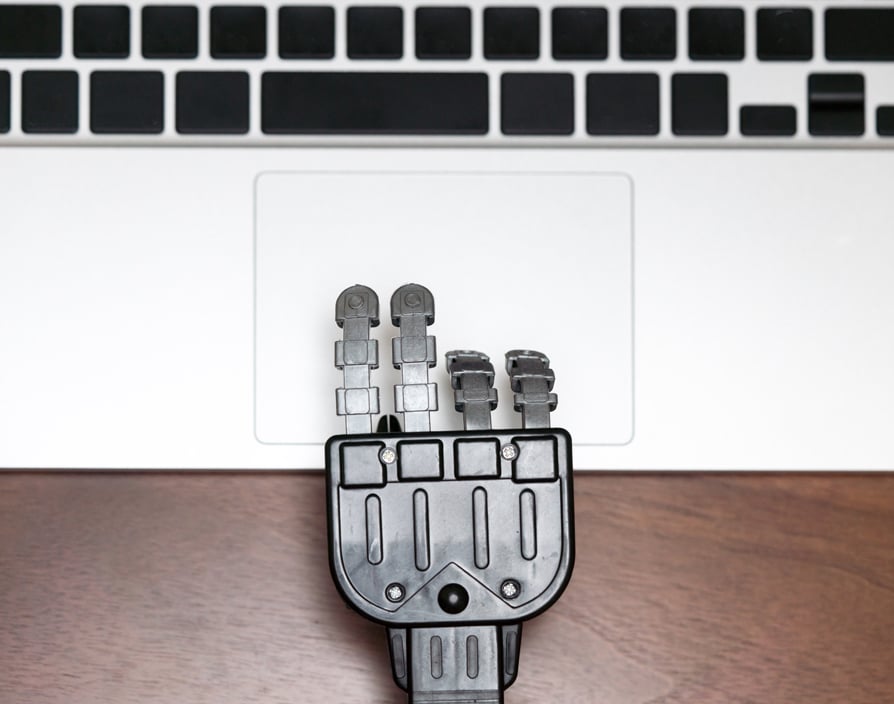McDonald’s pulls controversial ad
In recent years, consumers have come to expect brands to serve up ads that don’t just sell them a product but tell a story too. But doing this in practice can be tricky – as McDonald’s has recently discovered, having made the decision to pull an ad after it was criticised for exploiting people’s grief.
Depicting a young boy discovering that his late dad also loved chomping down on a Filet-O-Fish burger, the ad seems to have rubbed people up the wrong way. Grief Encounter, the bereavement charity, said it’s received complaints from parents while many viewers have taken to social media to complain that the brand has crossed a line.
The backlash follows the negative reception beauty brand Dove received to its new range of limited-edition packaging, which was intended to represent the different shapes and sizes women come in. However, some felt the line was a tad patronising. Both cases show just how tricky it can be for brands to engage with consumers emotionally without leaving a bad taste in their mouths.
The robots are coming for British jobs
From easing traffic congestion to assembling aerospace engines, automation is no doubt creating brand new opportunities and, in many ways, making life better. But it’s also making some people a bit nervous. New research out this week from Adzuna isn’t going to allay those fears: the jobs site has found that automation is behind the reduction of 13 out of the 20 fastest-declining job roles in the UK.
Analysing over 79 million UK job ads from the last two years, Adzuna found that the roles most under threat include pharmacy assistants, travel agents, translators, illustrators and writers. Commenting on the report, Doug Monro, the company’s co-founder, said: “The robots aren’t just coming, they are here already – in our pockets, workplaces and homes. Automation is already replacing jobs and could be set to replace some roles – like translators and travel agents – entirely. But, at least in the short term, AI advances seem to be creating new jobs just as fast.”
Professor Stephen Hawking has famously said that AI will “either the best or the worst thing, ever to happen to humanity”. Let’s hope it’s the former.
eve Sleep raises £35m on AIM
Whether it’s Gwyneth Paltrow encouraging us all to clean up our sleep habits or Arianna Huffington extolling the benefits of getting more shut-eye, slumber is a serious business. And it seems that investors have recognised the market potential for startups that promise to help tired Brits sleep a little better. This week eve Sleep, the online mattress retailer, has raised £35m after a floatation and is now valued at £140m.
eve Sleep allows people to buy its memory foam mattresses online, enjoy speedy next-day delivery and have the option of returning their purchase within 100 days if they’re not totally happy. But make no mistake, the startup isn’t just in the mattress business. Speaking to Retail Week, the company’s founder Jas Bagniewski stressed that he is in the lucrative business of helping people sleep better.
And while some are raising questions about whether it’s wise to value so highly a company that made £12m in sales in 2016, eve Sleep’s founder is busy eyeing up the £26bn European sleep opportunity. Let’s hope that’s more than just a sweet dream.
Theresa May aims to reassure VCs about funding shortfalls
UK-based VCs have long been relying on the European Investment Fund (EIF) – which pools money from governments and banks – as a source of investment. In fact, it’s ploughed money into VC firms like Balderton Capital, Atomico, and Seedcamp. But this is yet another area where Brexit could muddy the waters. So to soothe jittery VCs, the prime minister has pledged that the UK’s British Business Bank will make up for any EIF shortfall and will be on the receiving end of funds that would have gone to the EIF.
As part of the Conservative party manifesto, which was launched this week, we weren’t exactly treated to a detailed plan about where the funds will come from or what the new framework will look like. What it did say was: “When we leave the European Union, we will fund the British Business Bank with the repatriated funds from the European Investment Fund.” No doubt VCs will be interested to see how the next government plans to handle this transition once divorce proceedings are in full swing. ![]()
Share via:


















































